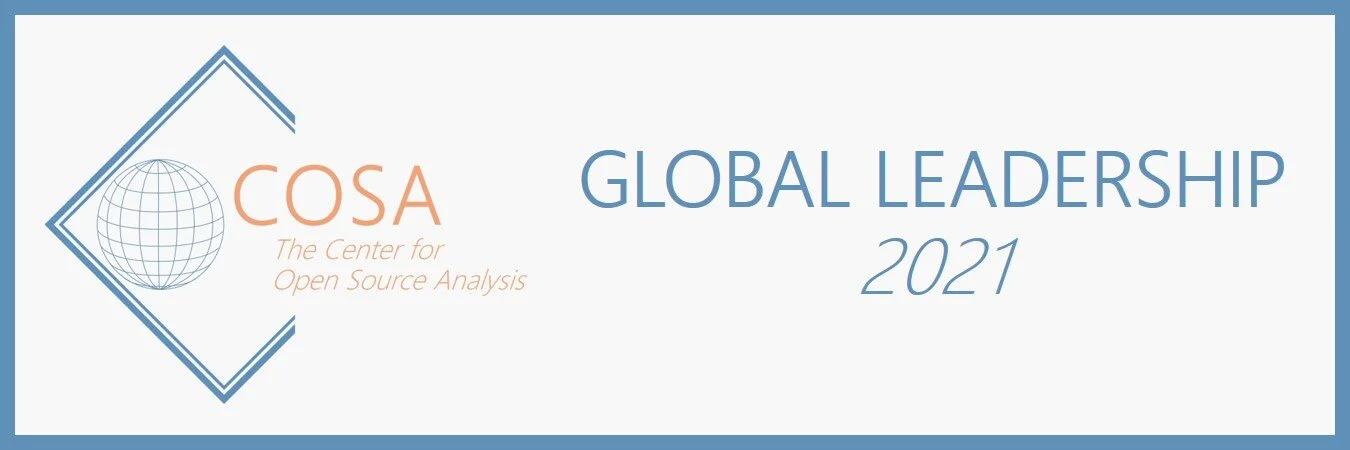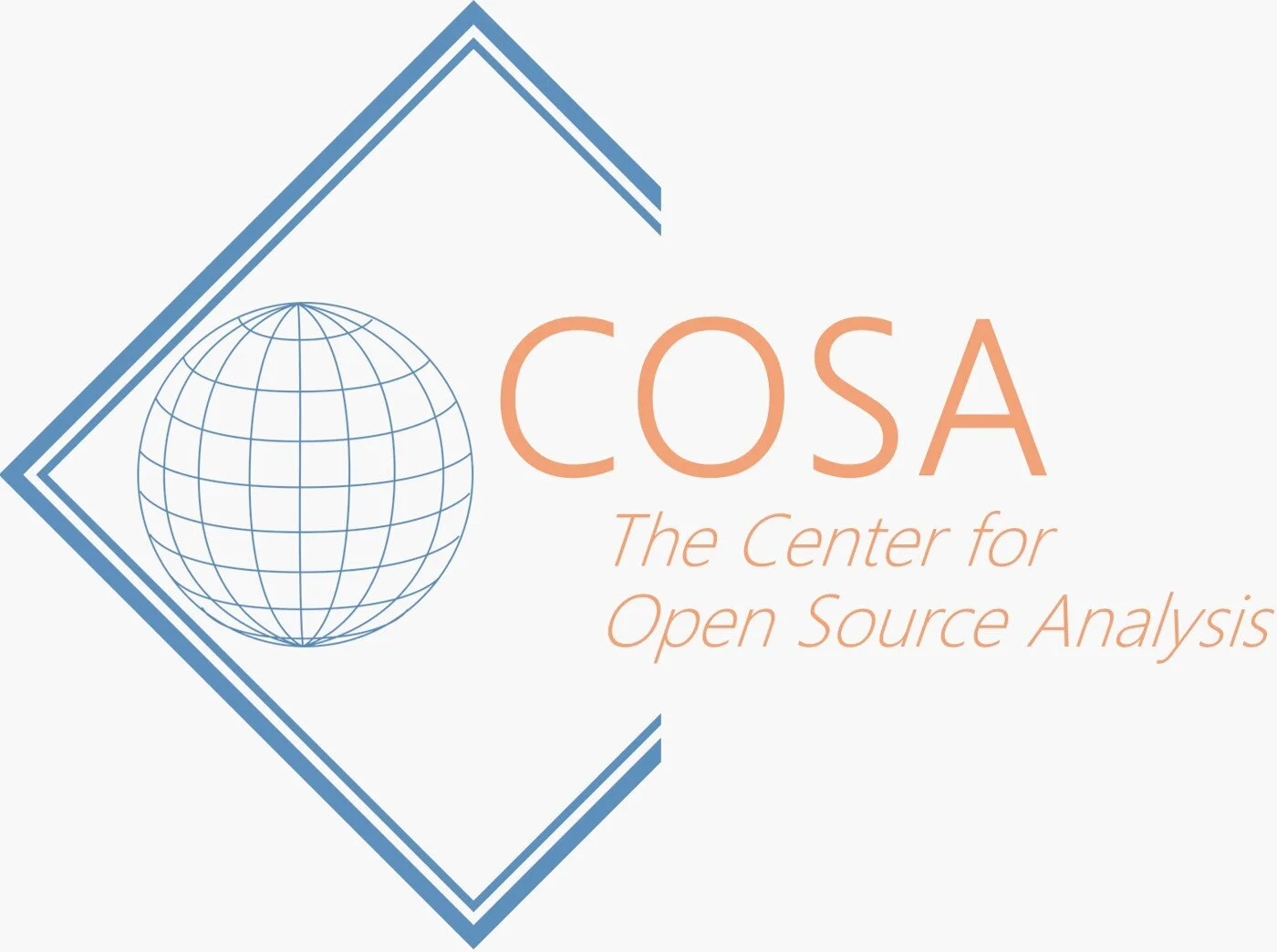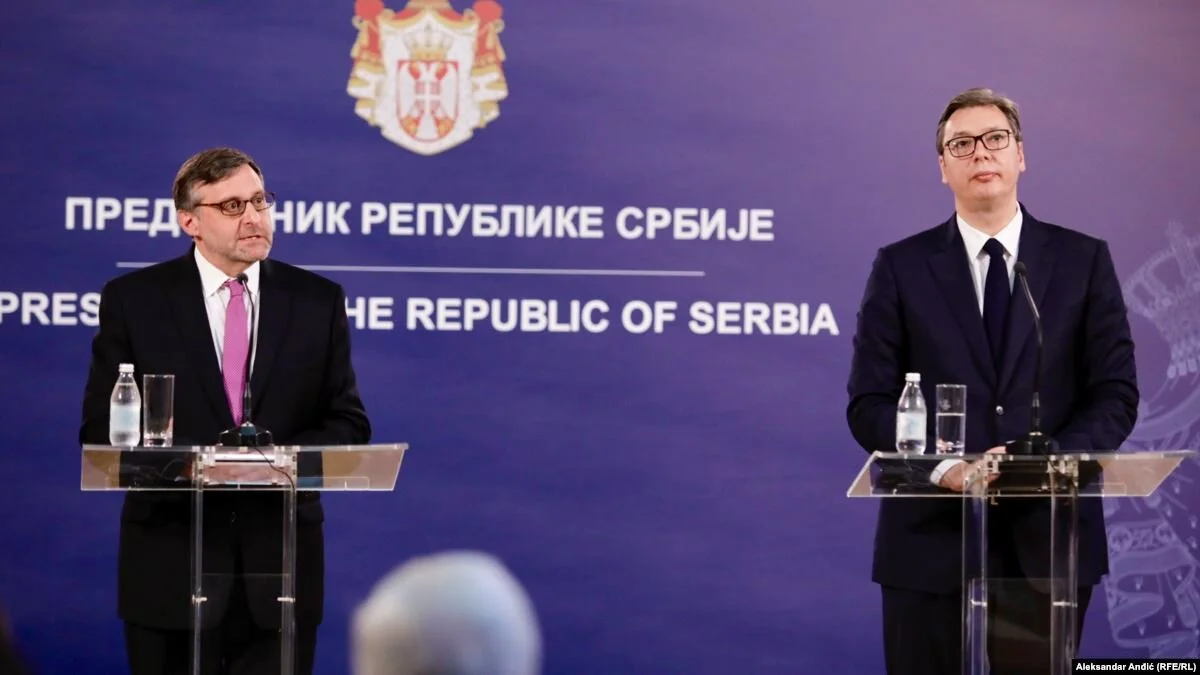Russia’s constitutional referendum, to be held on an undetermined date, will likely solidify President Vladimir Putin’s ability to run for re-election in 2024. President Putin on 20 January 2020 proposed a set of constitutional amendments, including one which effectively resets Putin’s presidential term count to zero allowing him to serve as president for up to 12 more years. The Russian Parliament proceeded to approve the amendments. Hours after the State Duma approved the amendment’s final reading, 160 out of the 164 members of the Federation Council approved the bill.




















